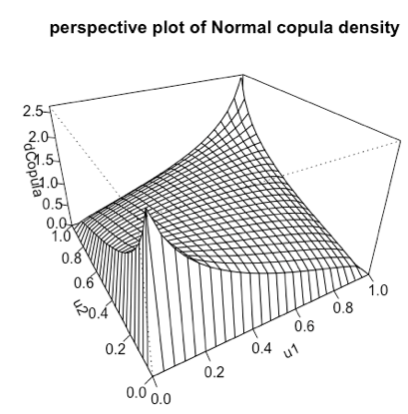Uncertainty and International Conflict
Project lead: Maryum Alam
International relations scholars have long emphasized the role of uncertainty in shaping state behavior in international politics, from aggravating conflict to facilitating cooperation. Uncertainty generates the bounds of state behavior by influencing how states assess the likelihood they will be successful when engaging with other actors. Despite the theoretical importance of uncertainty in the literature, scholars have yet to quantify and include this concept in empirical analyses. Instead of treating uncertainty as a background condition that cannot be measured, we estimate uncertainty by modeling conflict initiation as a bivariate process with partial observability: one that produces information problems, and another that produces commitment problems. Not only does this approach allow us to extract a measure of uncertainty but also allows us to model the heterogeneous causes of war. By estimating instead of assuming the impact of uncertainty on war—or other outcomes—we encourage scholars to reexamine the effects of existing variables on international politics.
Using copulas to visualize dependencies between multivariate processes.
To the right are plots of copulas, which are functions that join multivariate cumulative distribution functions (CDFs) and transforms them to univariate marginal distribution functions. These types of functions help analysts identify the relationship between random variables and estimating marginal dependency. For the uncertainty project, this helps us collapse the variables that influence commitment and information problems, respectively, into their own CDFs so we can better visualize how they are related to each other.



